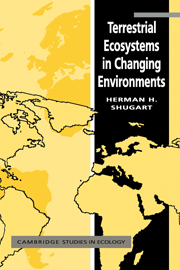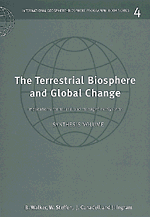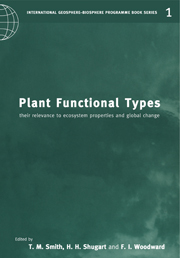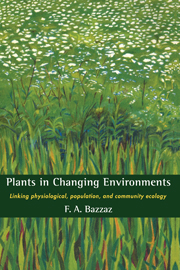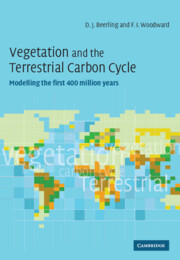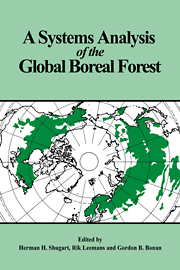Terrestrial Ecosystems in Changing Environments
Predicting how terrestrial ecosystems might respond in the future to large-scale human-generated changes is a major challenge for ecologists. In Terrestrial Ecosystems in Changing Environments, Herman H. Shugart describes the fundamental ecological concepts, theoretical developments, and quantitative analyses involved in understanding the responses of natural systems to change. The key ecological concepts described include the ecosystem paradigm, niche theory, vegetation/climate relationships, landscape ecology and ecological modeling. A variety of ecological models are presented, and their applications in predicting responses to change are considered. The challenge of producing ecological models capable of predicting long-term and large-area ecosystem dynamics is reviewed and several examples are provided. Finally, some of the exciting new findings regarding terrestrial landscapes and their feedback with their climatic setting are discussed in the context of human land use and global change.
- Author is a leading light in the field of ecological models
- Describes the problems of predicting the response of ecosystems to changed conditions
- A wide-ranging review of the ecological models used in predicting responses to change
Reviews & endorsements
"The author has filled a void in the contemporary ecological literature with his analysis of the state of knowledge about changing environmental impacts on terrestrial ecosystems." Gary R. Evans, Science Books & Films
"Terrestrial Ecosystems is exactly like what it was intended to be--a textbook--and a good one at that...The words 'information, detail, clarity, and modeling applications' sum it up...a book that should be owned not only by students of advanced ecology, but by practising ecologists and environmental managers everywhere. I guarantee it won't be long before it's dog-eared from use." Canadian Society of Environmental Biologists
"This book reads like a well-written intellectual autobiography by someone with a passion for the history of science and an aptitude and predilection for models. In fact, the book is really about models, what they are based on, where they came from, who has used them, and for what. The book is also mostly about north temperate forests, reflecting the background of the author...if you are interested in studying how change has been--and can be--studied, this is an excellent introduction to the background, concepts and tools." Kent H. Redford, The Quarterly Review of Biology
"Terrestrial Ecosystems is exactly like what it was intended to be--a textbook--and a good one at that...the words 'information, detail, clarity, and modeling applications' sum it up...a book that should be owned not only by students of advanced ecology, but by practising ecologists and environmental managers everywhere. I guarantee it won't be long before it's dog-eared from use." Canadian Society of Environmental Biologists
Product details
March 1998Paperback
9780521565233
552 pages
229 × 153 × 35 mm
0.89kg
161 b/w illus. 6 colour illus. 38 tables
Available
Table of Contents
- Preface
- 1. The importance of understanding ecosystem change
- 2. The omnipresence of change
- 3. Temporal scale, spatial scale and the ecosystem
- 4. An introduction to ecological modelling
- 5. Niche theory
- 6. Vegetation and environment relations
- 7. The mosaic theory of natural landscapes
- 8. Individual-based models
- 9. Consequences of gap models
- 10. Landscape models
- 11. Mosaic landscape models
- 12. Spatially interactive landscapes
- 13. Homogeneous landscape models
- 14. Global change
- References
- Index.

